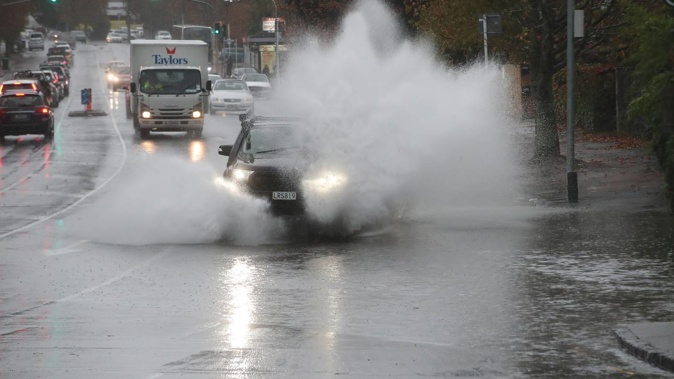
A state of emergency was again declared across Auckland as the North Island was hit by a severe downpour. Once again, Aucklanders did not expect the impact to be this intense and our infrastructure failed to hold up against the intense rain.
So why does this keep happening? And is there any way to become better at predicting where the areas most likely to be affected by severe rainfall?
New research out of the University of Canterbury suggests that our predictions of heavy rainfall could be improved.
PHD researcher Cameron McErlich joined The Front Page podcast to explain how his research could help to ensure people in at-risk regions are better prepared for heavy rainfall.
“Through the research, we discovered that if you know how often it rains annually in one place you can make a strong prediction of the size and likelihood of extreme rainfall in that place,” McErlich says.
“By watching changes in rainfall occurrence, we can use our findings to understand regions where extremes might change. The findings are important because currently weather and climate research treats these things separately.”
This research has important implications for how rainfall patterns might change and where extreme rainfall could occur. It’s also important in the context of climate science, which strongly suggests an increase in the likelihood of intense weather events. “In the future, you’re going to get a larger frequency of rain, and because this research shows a connection between frequency and intensity, it also means in the future there’s going to be more and more heavy rainfall.”
City planners in at-risk areas could also use this research to inform the decisions they make when building key infrastructure, such as stormwater systems. Cities with a higher likelihood of extreme rainfall events will need to be built differently than those with lower risks.
So how else could this research be used? Could it be applied internationally? And are there any plans to elaborate further on these findings?
Take your Radio, Podcasts and Music with you









